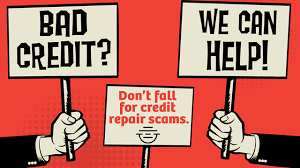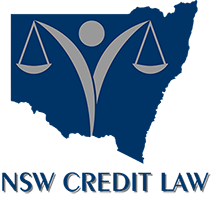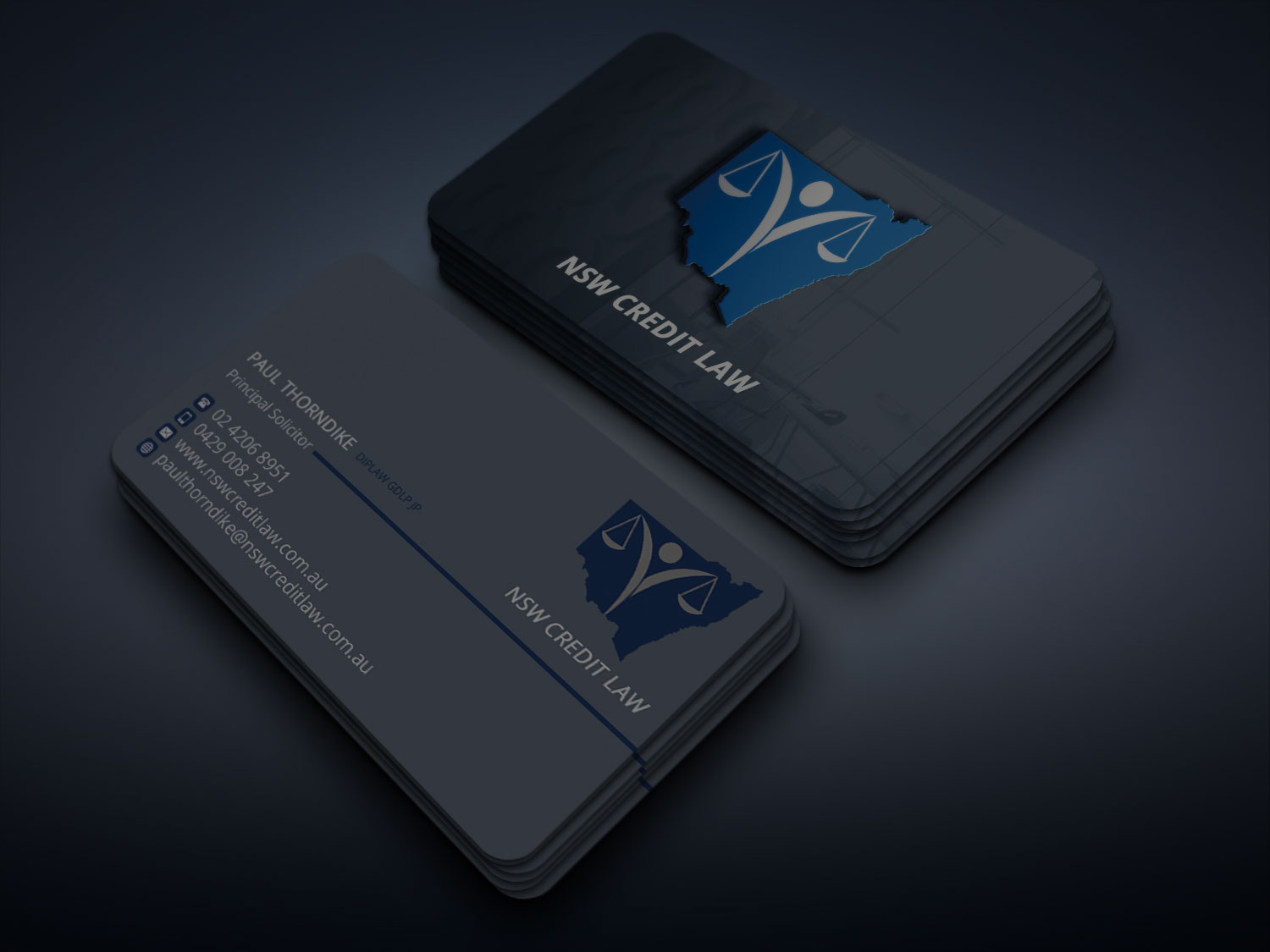The Dangers of Dealing with Unlicensed Credit Fix Businesses
The Dangers of Dealing with Unlicensed Credit Fix Businesses

Introduction
In today’s financial landscape, credit scores hold immense power. They can determine whether you qualify for a loan, rent an apartment, or even land your dream job. It is no wonder that people are often desperate to improve their credit scores, and this desperation can make them easy prey for unlicensed credit-fix businesses. While there are legitimate credit repair services that can help consumers improve their credit profiles, the sector poses significant dangers, and it would be advisable to seek the advice of a solicitor before engaging with these businesses.
Licensing and Regulation
Credit repair businesses in Australia are generally not required to obtain a specific license to operate. However, they are subject to various legal and regulatory requirements, primarily under the National Consumer Credit Protection Act 2009 (NCCP Act) and related regulations.
While there is no specific licensing requirement for credit repair businesses, they must comply with the following regulations and requirements:
1. NCCP Act: The NCCP Act regulates the provision of credit and related activities in Australia. Credit repair businesses that offer credit-related services, including credit repair or debt negotiation, must adhere to this legislation.
2. Australian Securities and Investments Commission (ASIC): ASIC is responsible for regulating and overseeing various financial services and credit-related activities. Credit repair companies may need to register with ASIC or adhere to ASIC’s guidelines, depending on the nature of their services.
3. Australian Financial Complaints Authority (AFCA): Credit repair businesses should be members of AFCA, an independent dispute resolution scheme. AFCA handles complaints and disputes related to credit services, and membership is a requirement for most credit-related businesses.
4. Privacy Act: Credit repair companies must also comply with the Privacy Act 1988, which governs the handling of personal information, including credit-related information.
ISSUES FOR CONSUMERS
The Promise of Quick Fixes
Unlicensed credit fix businesses often entice customers with the promise of quick and easy credit score improvements. They claim to have insider secrets or special techniques that can boost your credit score overnight. These promises are not only misleading but can also lead to financial disaster for unsuspecting consumers.
1. Exploitative Fees
One of the most significant dangers of unlicensed credit fix businesses is their exorbitant fees. Many of these organisations charge hefty upfront fees, often requiring payment before any services are rendered. These fees can range from hundreds to thousands of dollars, putting a substantial financial burden on already struggling individuals. Solicitors that specialise in credit law, on the other hand, operate under strict legislation, regulations, and ethical obligations and will often charge significantly less than unlicensed credit fix scammers.
2. Lack of Transparency
Unlicensed credit fix businesses often operate in the shadows, making it difficult for consumers to understand the services for which they are paying. They may not disclose their methods, and some even engage in fraudulent activities like disputing accurate negative information on credit reports. This lack of transparency can lead to further financial troubles for consumers, as their credit reports may be flagged for suspicious activity.
3. False Promises
Credit repair businesses may make unrealistic promises to clients. They claim that they can remove negative items from credit reports, regardless of their accuracy. This can lead to consumers becoming victims of scams and experiencing disappointment when their credit scores do not miraculously improve as promised.
4. Risk of Identity Theft
Handing over personal and financial information to unlicensed credit fix businesses carries a significant risk of identity theft. These businesses may not have adequate security measures in place to protect sensitive data, putting consumers at risk of identity theft and further financial harm.
5. Potential Legal Consequences
Consumers who engage with unlicensed credit-fix businesses may find themselves facing legal consequences. If these businesses engage in fraudulent or illegal activities, such as disputing accurate information on credit reports, consumers can be held liable for these actions.
ISSUES FOR CREDITORS
Credit repair businesses can potentially pose a threat to creditors and the broader financial system in several ways:
1. Unsubstantiated Dispute Claims: Some credit repair companies may encourage consumers to file unsubstantiated or false disputes with credit reporting agencies. These disputes can lead to inaccurate or incomplete information being removed from credit reports temporarily, making it difficult for creditors to assess a borrower’s creditworthiness accurately.
2. Lack of Verification: Credit repair companies may not always verify the accuracy of the disputes they file. This can result in legitimate negative information being removed from a consumer’s credit report, which can be misleading to creditors and lenders.
3. Increased Risk: If credit repair businesses are successful in removing accurate negative information from a borrower’s credit report, creditors may inadvertently extend credit to individuals who are actually high-risk borrowers. This can lead to financial losses for creditors when borrowers default on loans or credit obligations.
4. Higher Costs: Creditors may incur higher costs when they have to investigate and respond to a higher volume of credit report disputes filed by consumers who have been working with credit repair companies. These costs may ultimately be passed on to consumers in the form of higher interest rates or fees.
5. Potential for Fraud: In some cases, unscrupulous credit repair businesses may engage in fraudulent activities, such as identity theft or the creation of fake identities, which can lead to fraudulent credit applications and financial losses for creditors.
6. Disruption of the Credit Ecosystem: The credit reporting system relies on accurate and timely information to assess the creditworthiness of individuals. Disrupting this system with unsubstantiated disputes or inaccurate information removal can undermine the integrity of the credit ecosystem, making it less reliable for creditors and lenders.
It’s important to note that not all credit repair businesses engage in unethical or harmful practices. Some legitimate credit repair companies work within the bounds of the law to help consumers address errors or inaccuracies on their credit reports. However, creditors and lenders must remain vigilant and take steps to verify the creditworthiness of borrowers independently, rather than solely relying on credit reports, to mitigate potential risks associated with credit repair businesses. Additionally, regulatory authorities often monitor and act against unethical or fraudulent credit repair practices.
Case Study
Recently we had a client seek our advice about contact it had received from a credit fix business which was asking our client to remove credit defaults it had lodged with a commercial credit reporting bureau against one of its debtors. The defaults were valid and reported accurately to the credit reporting bureau.
The credit fix business communicated with our client via email with the email address creditfilesolutions2020@gmail.com. An ABN search of the name creditfilesolutions2020 provided no business or ABN data for such an entity. An ASIC company and business entity search provided no data with regard to an entity named creditfilesolutions2020.
The debts owed to our client had been settled and our client quite rightly updated the credit bureau defaults to the status of settled. This action was an agreed term of a Deed which the parties had entered into.
The representative of creditfilesolutions2020 was now contacting our client requesting that the credit defaults be completely removed from the debtor’s credit report, and they provided a draft letter stating that the defaults had been lodged in error, which they wanted our client to sign and send to the credit reporting agency.
The fourth paragraph of the letter read:
“We also understand that upon lodging the default, any company monitoring the defaulted business receives an alert to notify them of the default. We take full responsibility for any damages that may have resulted from the error in lodgement.”
Our client sought our advice and asked us to review the communications from creditfilesolutions2020 and the letter that they were requesting our client sign and send to the credit reporting bureau.
Firstly, had our client agreed to sign the letter agreeing that they had lodged credit defaults in error they would have been making a false statement and putting the integrity of the credit report in jeopardy.
Secondly, and more importantly, by taking responsibility for any damages that may have resulted from the error in lodgement, our client would have been opening itself up to possible damages and/or compensation claims from the debtor for reporting in error.
We contacted the representative from creditfilesolutions2020 to advise them that our client would not be removing the validly listed defaults or signing the letter. The representative failed to supply an ABN or ACN so that we could check the bona fides of the business and became quite abusive before the call was terminated.
Our client was not harassed by this representative of creditfilesolutions2020 again.
Conclusion
While the desire to improve one’s credit score is understandable, consumers must exercise caution when seeking the services of credit repair businesses. Unlicensed credit fix businesses pose significant dangers, including exploitative fees, lack of transparency, false promises, identity theft risks, and potential legal consequences.
It is essential to research any credit repair service thoroughly, verify its legitimacy, and ensure it complies with applicable laws and regulations.
It would be advisable to engage the services of a credit specialist Solicitor who is bound by legal and ethical obligations. They will provide you with true and accurate advice and charge you much less than the unlicensed credit fix scammers.
Moreover, consumers can take proactive steps to improve their credit scores by managing their finances responsibly, paying bills on time, and disputing inaccuracies on their credit reports through legitimate means.
The best way to improve your credit score is through responsible monetary management and patience, rather than relying on promises of scammers that seem too good to be true.
Creditors should be on alert for credit fix scammers asking them to make false statements that credit defaults have been lodged in error. This could open creditors up to possible damages and/or compensation claims from debtors and/or credit fix scammers.
Please note that regulations and licensing requirements can change over time, so it’s essential to check with the relevant authorities, such as ASIC and AFCA, for the most up-to-date information and to ensure compliance with all legal obligations. Additionally, consulting with a solicitor can help you navigate the regulatory landscape for credit repair businesses in Australia.
Should you require any assistance with credit reporting queries please do not hesitate to contact Paul Thorndike at 0429 008 247 or paulthorndike@nswcreditlaw.com.au
Disclaimer: When researching and drafting this article we may use an AI advanced language model amongst other sources. It is intended for general informational purposes and should not be used as a substitute for professional advice. While every effort has been made to ensure the accuracy and reliability of the information provided, we cannot guarantee its completeness, timeliness, or appropriateness for any particular purpose. Usage of this information is at the reader’s own risk. We are not liable for any errors, omissions, or results that may be obtained from the use of this information. Always consult with a qualified professional before making any decisions based on the content of this article. For legal advice please contact Paul Thorndike on 0429 008 247 or at paulthorndike@nswcreditlaw.com.au

